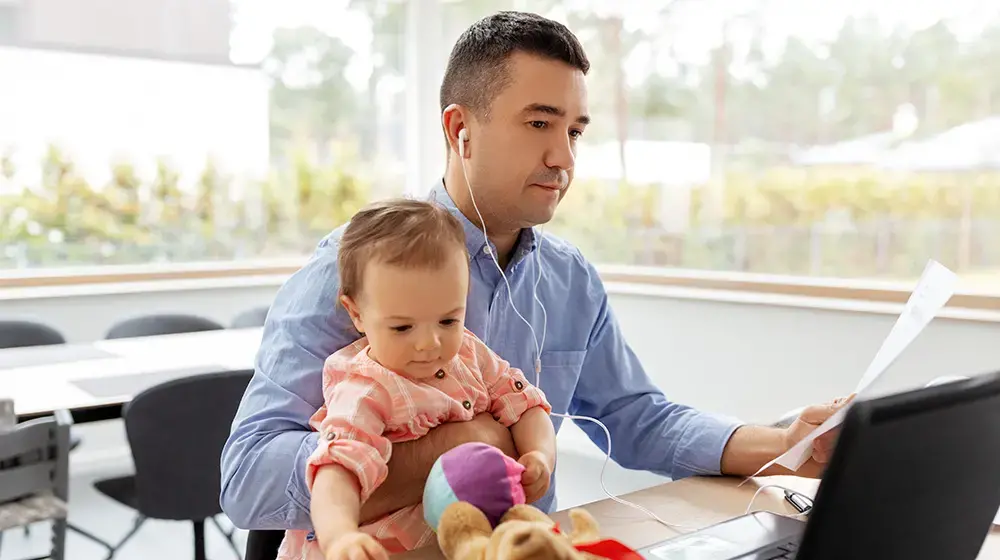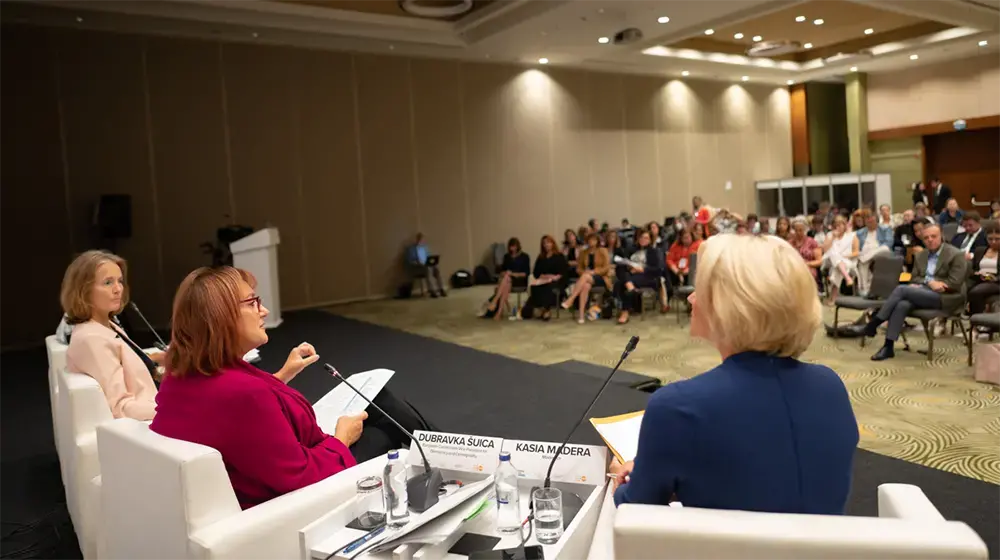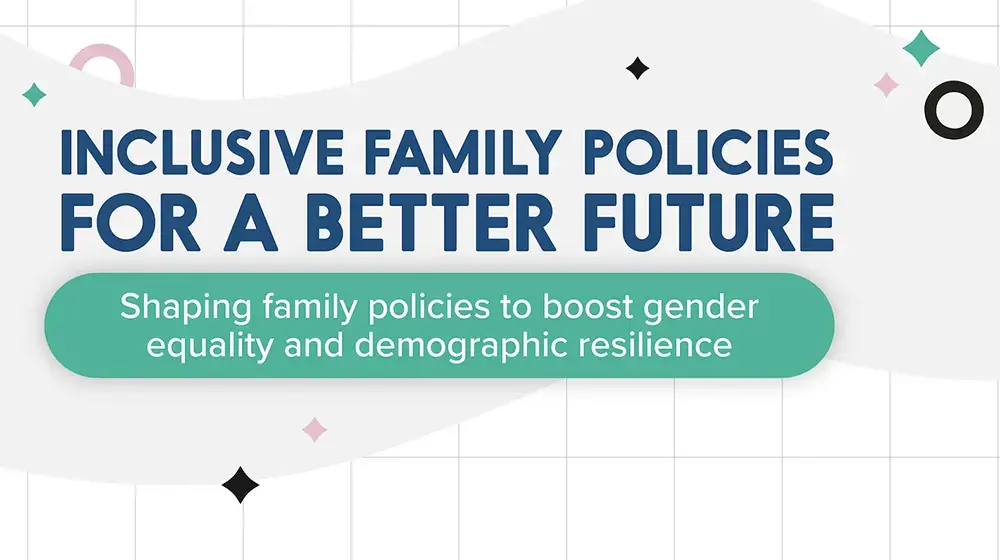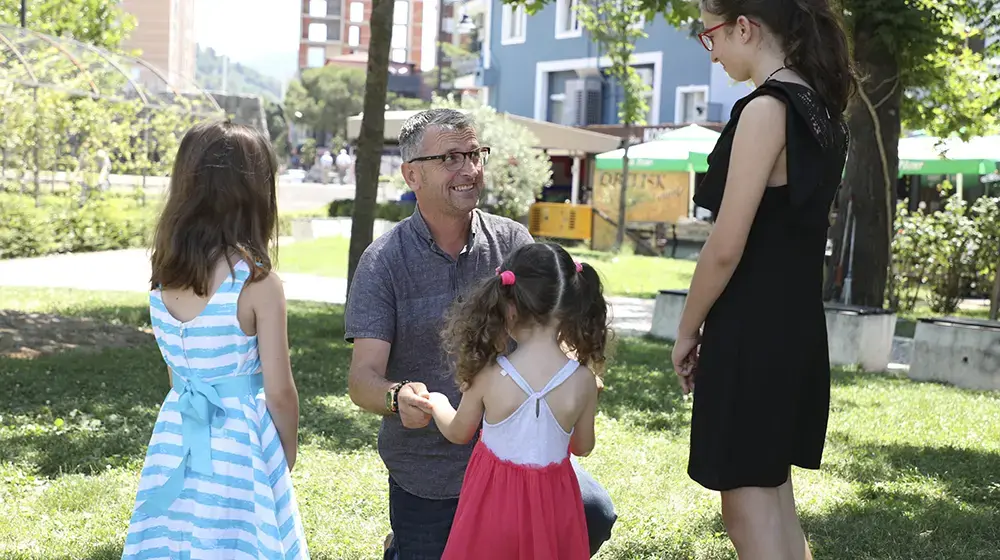Scroll down
Summary of UNFPA Eastern Europe and Central Asia's “Inclusive Family Policies for a Better Future” conference which took place in Istanbul on 22 September 2022. The event brought together…
watch video
Women across Europe and Central Asia are still widely expected to shoulder much of the unpaid work at home: cleaning, managing the household, caring for children, husbands and older relatives. This,…
read more
ISTANBUL, 22 September 2022 – Well-designed family policies that benefit women and men are a key element of any successful response to the demographic challenges Europe is facing, speakers said at…
read more
Join UNFPA Eastern Europe and Central Asia on 22 September for the live stream of our “Inclusive Family Policies for a Better Future” conference in Istanbul. We're bringing together policymakers…
see event
“One day, my little girl was given a task by the teacher to draw her dream,” said Gjergj Figuri, from Albania. “I asked her, “What is your dream?” and she said, “to go out for a walk with my family…
read more